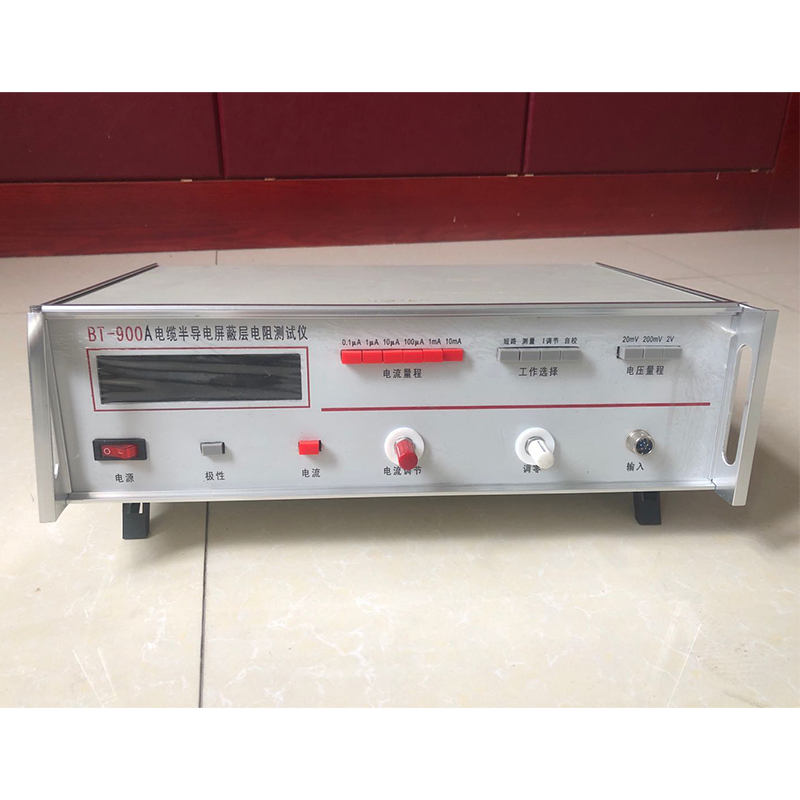tensile testing machine company
The Importance of Tensile Testing Machines in Material Science
In the realm of material science and engineering, the significance of tensile testing cannot be overstated. Tensile testing machines play a crucial role in determining the mechanical properties of materials, assisting manufacturers and researchers in evaluating the strength, ductility, and overall performance of various substances. This article explores the importance of tensile testing machines, their functionality, and how leading companies in the industry are innovating to enhance material testing processes.
Understanding Tensile Testing
Tensile testing, also known as tension testing, is a fundamental method used to assess how materials react when they are subjected to axial loads. This test involves pulling a specimen until it fails, measuring parameters such as yield strength, ultimate tensile strength, elongation, and reduction of area. The data gathered from these tests are essential for quality control, research and development, and ensuring materials meet required specifications for various applications.
The Role of Tensile Testing Machines
Tensile testing machines are engineered to apply controlled tension to a sample and measure its response. These machines come in various designs and configurations, including hydraulic, electromechanical, and servo-hydraulic types. The choice of machine largely depends on the material being tested and the precision required for the results.
These machines are equipped with advanced sensors and software to accurately capture data during the testing process. Modern tensile testing machines can quantify not only the maximum load a material can withstand but also how it behaves before failure. This includes aspects such as stress-strain curves, which are vital for understanding material behavior under various conditions.
Applications Across Industries
The applications of tensile testing machines span numerous industries, including aerospace, automotive, construction, and biomaterials. In the aerospace sector, for instance, materials must meet stringent safety and performance standards. Engineers utilize tensile testing to ensure that materials used in aircraft components can endure extreme conditions while maintaining structural integrity.
tensile testing machine company

Similarly, in the automotive industry, manufacturers rely on tensile testing to assess the durability of metals, polymers, and composites used in car production. This testing helps in developing lighter and stronger materials, leading to improved fuel efficiency and safety.
In the construction industry, tensile testing machines are essential for evaluating materials like steel and concrete. Knowing how these materials behave under loads is critical for designing safe and efficient structures.
Innovations and Advancements
Leading companies that manufacture tensile testing machines are continually innovating to enhance testing capabilities and efficiency. Automation has become a key focus, with many machines now incorporating robotic systems and advanced software to streamline the testing process. Automated tensile testing machines can conduct tests with minimal human intervention, reducing the likelihood of errors and increasing throughput.
Furthermore, the integration of data analysis and reporting features allows users to generate detailed reports and visualize results in real time. This capability supports better decision-making and helps engineers quickly identify potential issues with materials.
Conclusion
In conclusion, tensile testing machines are indispensable tools in the world of material science. They provide critical insights into the mechanical properties of materials that inform design, production, and safety protocols across various industries. As technology continues to advance, the role of these machines will only become more integral in ensuring that materials meet the increasingly strict requirements of modern applications.
Leading companies in the field are paving the way for the future of tensile testing through innovation and automation. With the ongoing evolution of tensile testing machines, engineers and researchers are better equipped to explore new materials and push the boundaries of what is possible in engineering and manufacturing. The continued investment in this technology is not just a benefit for manufacturers; it ultimately contributes to the safety, performance, and reliability of products that society relies on every day.
-
The Role of Tensile Force Testers in Quality Control and Material Science
NewsAug.01,2025
-
Maintenance and Safety Tips for Aging Ovens
NewsAug.01,2025
-
Density Balance in Forensic Science
NewsAug.01,2025
-
Advanced Optical Measurement Technologies
NewsAug.01,2025
-
A Buyer’s Guide to Tensile Test Machines
NewsAug.01,2025
-
Why the Conductor Resistance Constant Temperature Measurement Machine Redefines Precision
NewsJun.20,2025
 Copyright © 2025 Hebei Fangyuan Instrument & Equipment Co.,Ltd. All Rights Reserved. Sitemap | Privacy Policy
Copyright © 2025 Hebei Fangyuan Instrument & Equipment Co.,Ltd. All Rights Reserved. Sitemap | Privacy Policy

